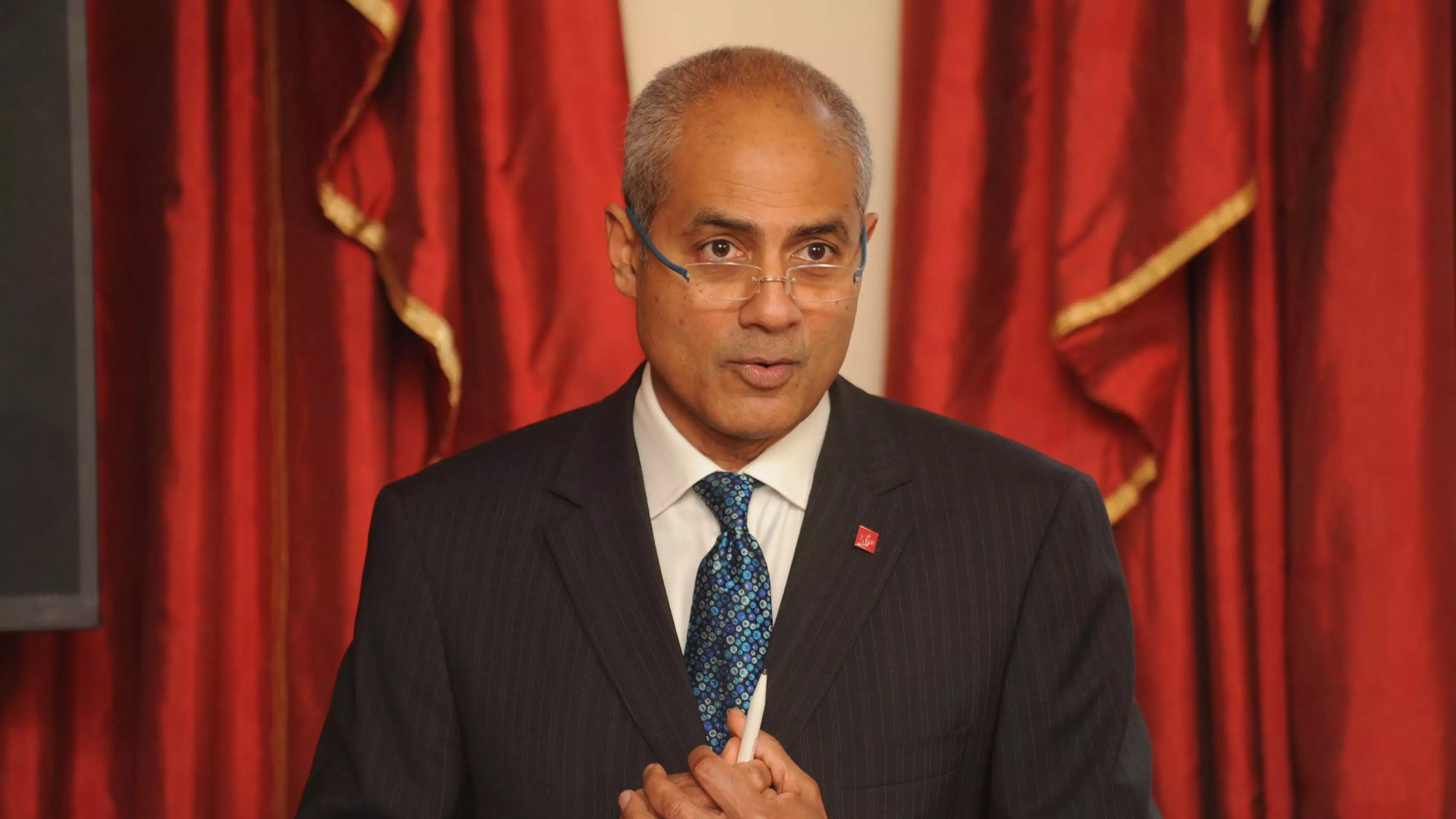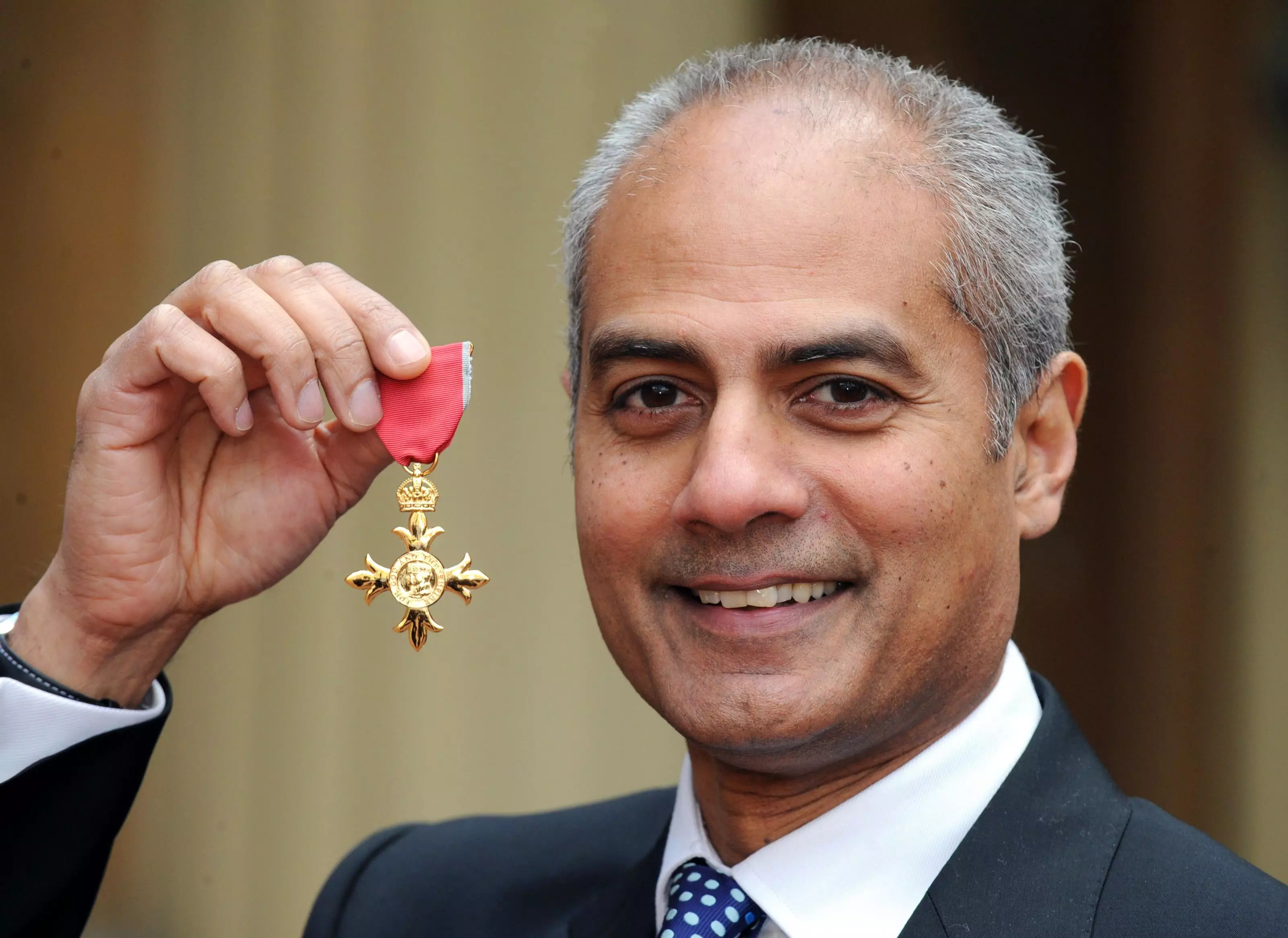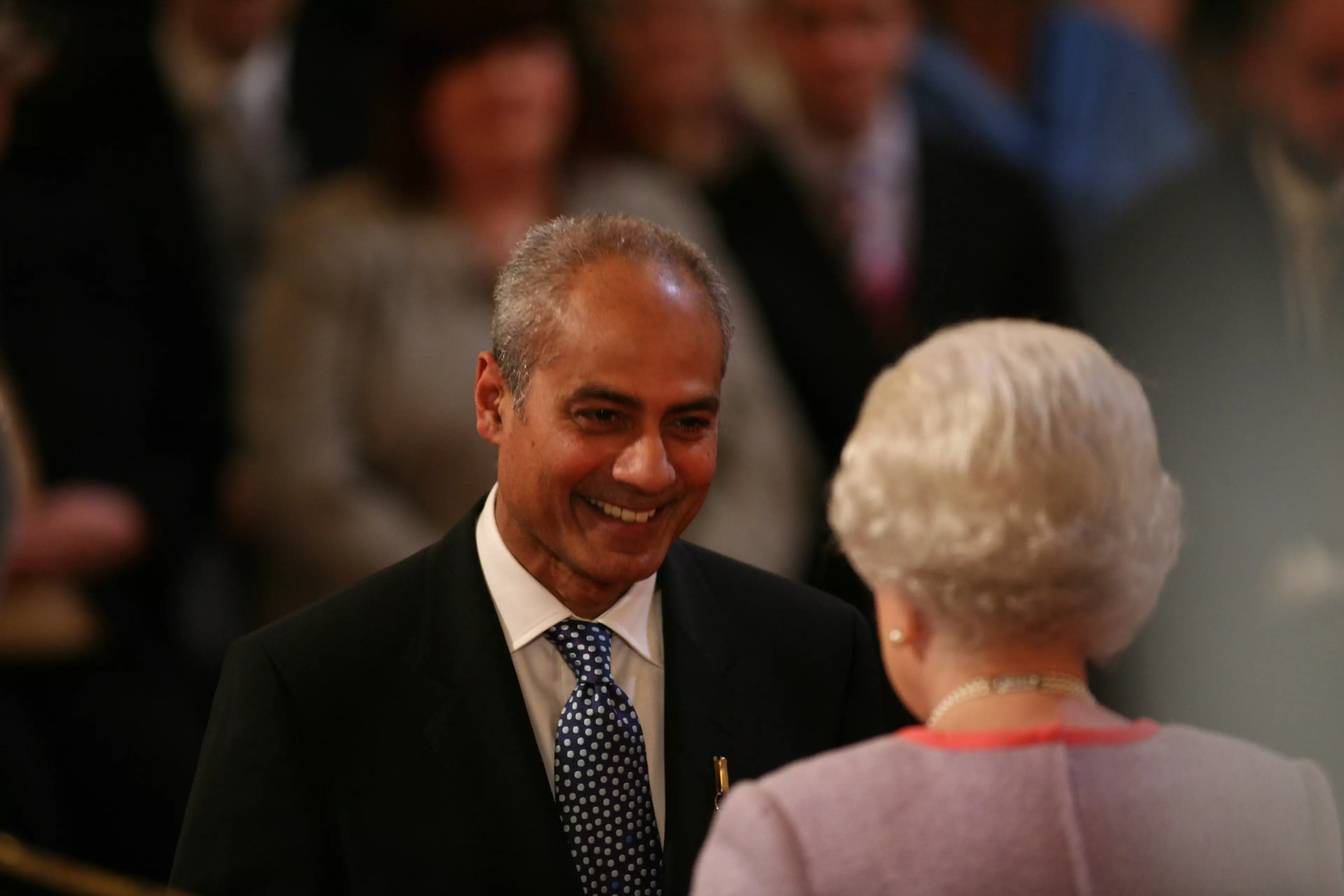
After 17 rounds of chemotherapy, BBC presenter George Alagiah thought he had finally kicked colorectal cancer for good in 2015.
He returned to work and continued his incredible career until Christmas last year, when he was told that the disease had returned.
He received the devastating news when his doctor called him just before he presented the six o'clock news.

George says he went into 'autopilot' and completed the
broadcast like any other evening.
Speaking with the Sunday Times, the 62-year-old said: "The first time you are just stunned and shocked. But somehow, when you think you have made it well, I might still make it...The disappointment was pretty bad.
"Those wobbly or darker moments are all to do with, for me, visualising my family without my presence.
"It is not ego, it is just that we are a unit. We love each other and I could break up that unit not through any fault of my own, and that is tough."

It's stage four bowel cancer, which at his age, reportedly only gives him about a 10 percent chance of surviving the next five years.
He says that he might have picked it up earlier had England had the same screening processes as Scotland.
Advert
Bowel cancer screenings happen every year once you hit 50-years-old in Scotland, but in England, that process doesn't happen for another decade.
"Had I been screened, I could have been picked up. Had they had screening at 50, like they do in Scotland," he told the Times. "I would have been screened at least three times and possibly four by the time I was 58 and this would have been caught at the stage of a little polyp."
He's hoping his situation will be the catalyst that changes the system for England, Wales and Northern Ireland and brings it in line with Scotland.
Advert
Mr Alagiah joined the BBC close to three decades ago and has had a glittering career since.
He covered the Rwandan genocide and the civil wars in Afghanistan, Liberia, Sierra Leone and Somalia. He's interviewed Nelson Mandela, Robert Mugabe and Desmond Tutu and had picked up a slew of awards for his brave and bold journalism.
Featured Image Credit: PA